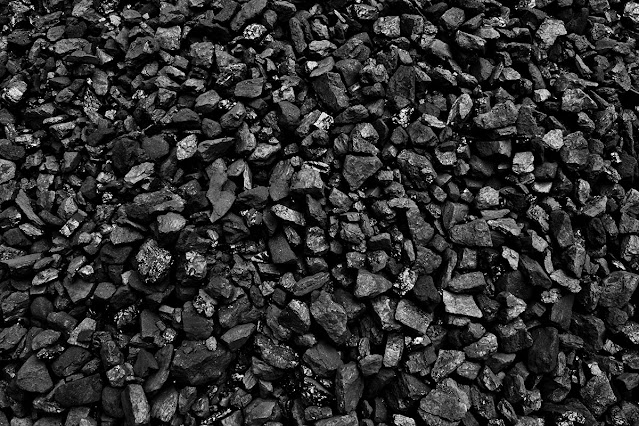What exactly is Petroleum Coke (Petcoke)? What is it used for, Exactly?
When bitumen from tar sands, such as those found in Alberta, Canada, is converted into crude oil, Petroleum Coke (Petcoke) is produced as a byproduct. Bitumen contains more carbon atoms than conventional oil, and it is these atoms that are used to make petcoke, which are separated from big hydrocarbon molecules using heat.
Electrodes for the steel and aluminium industries can be made from high-grade petcoke that is low in sulphur and heavy metals. However, the vast majority of petcoke produced around the world (about 75-80 percent) is of a lesser quality, having higher amounts of sulphur and heavy metals, and is mainly utilised as fuel. The majority of petcoke generated in the United States is shipped to China, the world's largest coal user, to fuel its numerous coal-fired power plants.
Environmental Implications
Petroleum Coke (Petcoke) is a very stable fuel, therefore there is little risk of it combusting during transit. However, because of its high carbon content, it produces up to 10% more CO2 per unit of energy than conventional coal when it does combust. This is higher than virtually any other energy source, making petcoke a significant contributor to greenhouse gas emissions.
Petcoke is a problem for the environment in more ways than one. To collect the extra sulphur contained in low-grade Petroleum Coke (Petcoke), increased pollution controls are required during burning. Many people are concerned about the heavy metal content of petcoke, both because of the impacts of releasing it into the air when it is burned and because of the implications it has for the local ecology during storage. Environmentalists in Chicago are particularly concerned because enormous amounts of dusty petcoke from neighbouring refineries are stored uncovered, despite research by North American petcoke producers indicating that the risk to human respiratory systems is similar to that of ordinary coal.
Despite the environmental risks associated with the production and use of Petroleum Coke (Petcoke), it continues to be popular because to its low cost. It's cheap to make but difficult to export, and it's a good source of cheap fuel for developing countries. It's doubtful that output will drop any time soon if this win-win relationship between importer and exporter continues.




Comments
Post a Comment